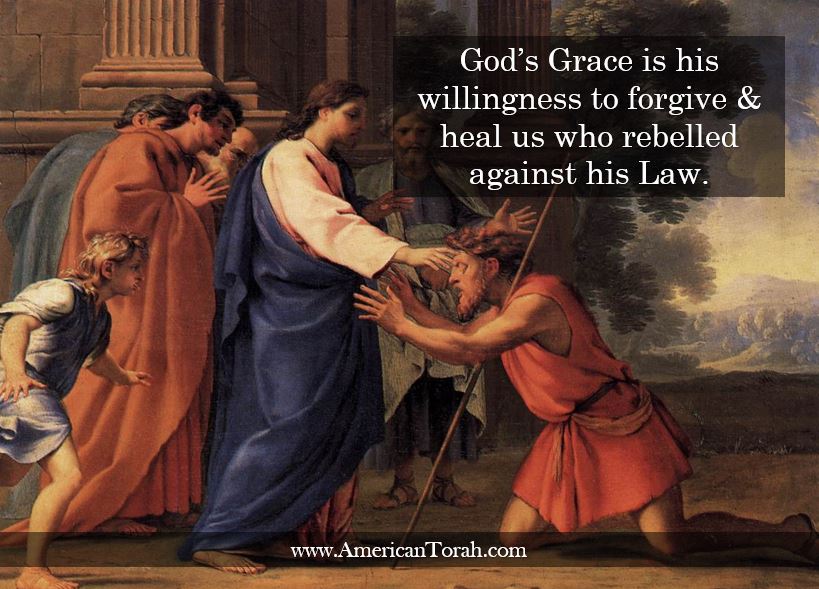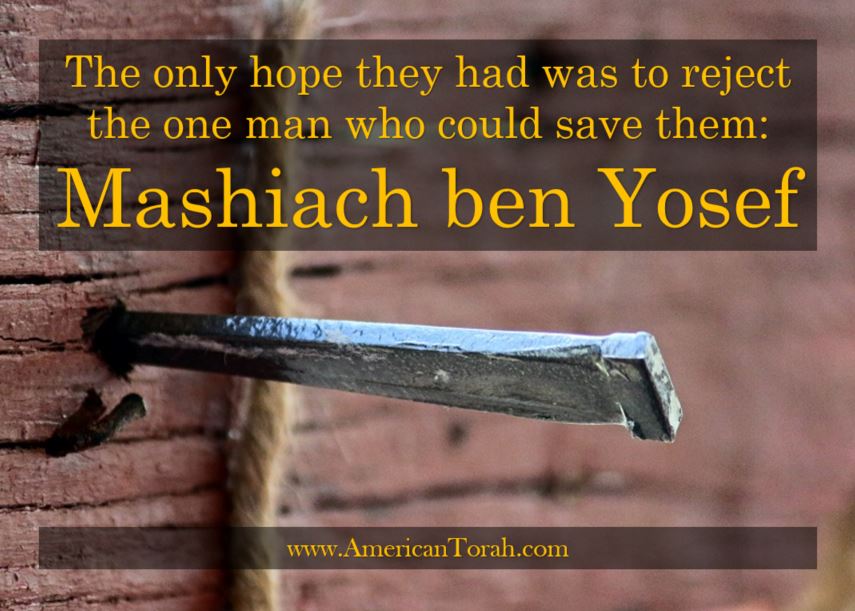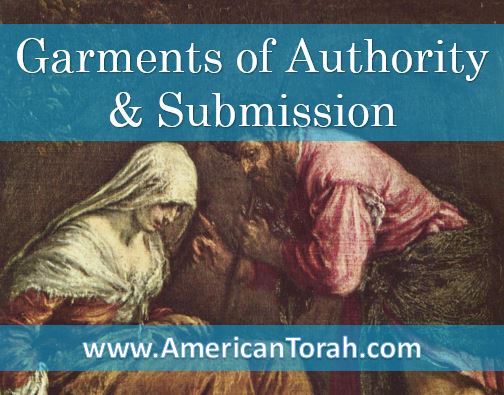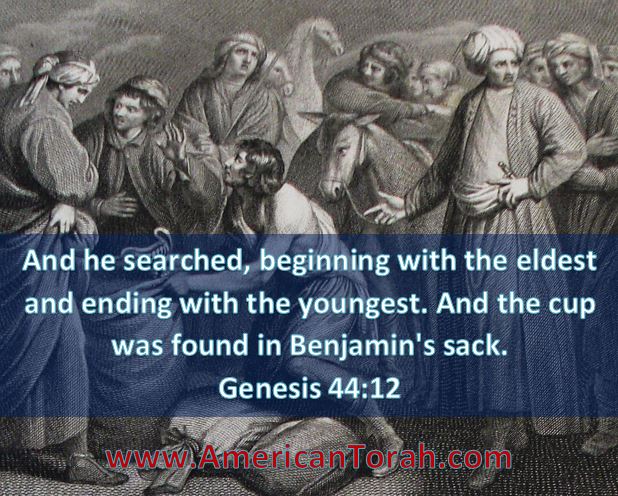God is love.
If you love me, you will keep my commandments.
Love your neighbor as yourself.
We hear these statements all the time. We smile, nod our heads, and enjoy the warm fuzzies.
But do we know what they mean?
We think we do. We assume we do…. But remember what happens when we assume? Yep. You guessed it.
I didn’t want to assume that I knew what Moses and John and other Biblical writers meant by “love”, so I spent some time over the last few weeks looking at the various Hebrew and Greek words that are translated into English as love and how they are used in Scripture.
Most of us who grew up in a Christian church have probably heard more than one sermon about the difference between agape and phileo. Agape is supposed to be unconditional, godly love, while phileo is a lesser, brotherly love, but I think that might be making too much of it.
(Just FYI. I’m not an expert in any Biblical languages. I have only a small knowledge of Hebrew and rely extensively on concordances, dictionaries, and commentaries.)
In many cases, “like” is a perfectly adequate translation of phileo in the Greek Scriptures with no need to add anything mystical to it, while agape is closely analogous to the English word “love”. Certainly *unconditional* love would fall within the scope of agape, but to say that agape always refers to that kind of love is an overstatement.
Genesis 34:3 says that Shechem loved Dinah, whom he had just kidnapped and raped. The translators of the Septuagint, who understood ancient Greek far better than anyone alive today does, chose to translate the Hebrew word for love in this verse as agapao, the verb form of agape.1 Clearly Shechem did not have unconditional love for Dinah.
Since the Apostolic writings were essentially exposition on the Torah and the Prophets in the context of Greek and Roman culture, I think we can get a very good idea of what these words meant to them by looking at their corresponding Hebrew words in the Old Testament.
There are essentially 3 Hebrew words that are frequently translated as love in the Old Testament.
- אהב (H157), pronounced as ahab
- חשׁק (H2836), pronounced as chasak2
- חסד (H2617), pronounced as chesed2
Ahab is usually translated as “love”, and its meaning is almost identical to the English: a strong, favorable emotion linked to desire, longing, and affection. Accordingly, it can refer to the love of God for his people, a father for a son, a man for his wife, and anyone for his favorite food. Ahab has a wide range of meaning. It can be used in almost any context in which you would use the English word love.
Here are some ways in which this word is used in the Old Testament3:
- Genesis 27:4 – The food that Isaac loves (ahab).
- Genesis 34:3 – He loved (ahab) the young woman and spoke tenderly to her.
- Leviticus 19:18 – Love (ahab) your neighbor as yourself.
- Deuteronomy 11:1 – Love (ahab) YHWH your God and keep his charge, his statutes, his rules, and his commandments always.
- Isaiah 61:8 – God loves (ahab) fair and honest judgment.
Chasak is a more difficult word to translate, but the concept doesn’t seem to be very difficult to understand. (Did I mention that I’m not a scholar of ancient languages?) Essentially, chasak is an attachment to something, whether of one physical object to another or, in a metaphorical sense, an emotional attachment to do or have something. It’s translated into the Greek equivalents of the English words choose, elect, smith (as in a metal smith), and take.
Here are some examples of chasak in the Old Testament:
- Genesis 34:8 – Shechem longs for (chasak) Dinah.
- Exodus 38:17 – The pillars of the court are fastened (chasak) by silver.
- Deuteronomy 7:7 – God set his love (chasak) on Israel.
- 1 Kings 9:19 – Solomon desired (chasak) to build.
- Isaiah 38:17 – In love (chasak) God delivered.
The third word, chesed, is closer to what people usually mean when they talk about the Greek word, agape, but different Bible translators favor different English renditions. Some of the most common translations are “loving kindness”, “steadfast love”, and “mercy”. It is usually translated into Greek as eleos, instead of agape or phileo.
I’m going to give you more examples of chesed from the Old Testament, because frankly I think it’s a much more interesting and profound word, and I’m going to spend more time talking about it:
- Genesis 19:19 – You have shown me great kindness (chesed) in saving my life.
- Genesis 24:49 – Show steadfast love (chesed) and faithfulness to my master.
- Genesis 47:29 – Promise to deal kindly (chesed) and truly with me.
- Exodus 15:13 – In your mercy (chesed) you led the people whom you redeemed.
- Numbers 14:18-19 – YHWH is slow to anger, and of great mercy (chesed).
- Deuteronomy 5:10 – Showing steadfast love (chesed) to thousands of those who love (ahab) me and keep my commandments.
- Deuteronomy 7:9 – The faithful God who keeps covenant and steadfast love (chesed) with those who love (ahab) him and keep his commandments
- Judges 1:24 – Please show us the way into the city, and we will deal kindly (chesed) with you.
- 2 Chronicles 35:26 – The acts of Josiah, and his kind deeds (chesed).
- Jeremiah 33:11 – YHWH is good, for his steadfast love (chesed) endures forever!
- Daniel 9:4 – God keeps covenant and steadfast love (chesed) with those who love (ahab) him and keep his commandments.
- Jonah 4:2 – You are a gracious God and merciful, slow to anger and abounding in steadfast love (chesed), and relenting from disaster.
Kindness is a dominant theme in the use of chesed throughout the Bible, but kindness is both too simple and too broad of a concept. Chesed is a special sort of kindness. In every case, the person who shows chesed to another is in a position of relative power.
Let me give you two examples from the Old Testament texts and two illustrations from Biblical relationships.
Two Examples of Chesed in the Old Testament
When Joseph was young, he would have loved (ahab) his father. He probably felt affection for him, enjoyed being in his presence, and did good things for him. However when Joseph was the Prime Minister of Egypt and Jacob was very old, their positions were reversed. Joseph held all the power, while Jacob was feeble and completely dependent on his son. Then Jacob begged Joseph’s mercy (chesed) in not allowing his bones to remain in Egypt after his death.
The translators of 2 Chronicles 35:26 had difficulty translating the chesed of King Josiah. Different translations render it as good deeds, goodness, mercy, kind acts, etc., but these differences are minor. The intent is clearly to show that Josiah showed exceptional mercy to his people.
Two Illustrations of Chesed from Biblical Relationships
It’s good if a man loves (ahab) his wife, and it’s even better if he loves (chesed) her. This is what Paul meant when he said that men should love their wives as the weaker vessel. Husbands have spiritual authority and physical dominance of their wives, and they need to keep that in mind so that they will be mindful to give chesed. It’s easy to be kind to your peer or to someone with more power. It’s something else to be kind to someone who is relatively weak and vulnerable.
Although God loves (ahab) us, he also shows us loving kindness (chesed) in deigning to provide for us, protect us, and raise us from our sin and poverty. God loves (chesed) those who love (ahab) him. God shows chesed to man by forgiving, protecting, and healing, but man never shows chesed to God because no man has ever been in a position of power over God.
Chesed and the Grace of God
If I had to summarize the meaning of chesed in a single English word, that word would be grace. Not in the sense of the physical grace of a ballerina, but the regal grace of a king who treats his subjects with kindness and understanding. He has the power, the authority, and the right to destroy those who offend his law, but he shows grace by commuting sentences, by hearing and embracing his poorest subjects, and by granting mercy and honor to weaker rivals.
When the Apostles wrote of God’s grace, this is what they meant.
The Greek word usually used to translate chesed in the Septuagint (a 2200 year old Greek translation of the Old Testament) is eleos, and this Greek word is almost always (and accurately) translated into English as mercy.
On the other hand, the Greek word translated as grace in the Apostolic writings is charis.2 Grace is an excellent translation of this word into English, as it appears to carry the same dual meaning of physical elegance and regal forebearance in Greek as it does in English.4
So why did the Apostles use charis instead of eleos to express the concept of Hebrew chesed?
Perhaps it was an idiomatic use that had been adopted by Jewish scholars when discussing biblical concepts among themselves in Greek. Or perhaps they consciously used charis because of the additional dimension of elegance in the meaning of the word.
Regardless of how the word Greek charis was used in everyday speech by the Greeks of the first century, the Apostles used it very much like Hebrew chesed was used in the Old Testament scriptures: to refer to the loving graciousness that one person in a position of power willingly shows to another in an inferior position.
Read these Apostolic passages as if they were written using the Hebrew word chesed instead of the Greek word charis:
John 1:17 – For the law was given through Moses; chesed and truth came through Jesus Christ.
Interestingly, this is the wording used in Proverbs 16:6 – “By mercy (chesed) and truth iniquity is purged: and by the fear of the LORD men depart from evil.” Chesed gives this verse so much more depth of meaning. God Law was revealed through Moses, but God’s grace to forgive was revealed in the person of Jesus. (And I can already see I’m going to have to write another article on the topic of “grace and truth”.)
2 Corinthians 8:9 – For you know the chesed of our Lord Jesus Christ, that though he was rich, yet for your sake he became poor, so that you by his poverty might become rich.
Although he had all power and authority in Creation, he came down from his throne to live among his subjects in order to elevate them.
Ephesians 3:8 – To me, though I am the very least of all the saints, this chesed was given, to preach to the Gentiles the unsearchable riches of Christ…
Paul wrote that his appointment as the Apostle to the Nations was an undeserved kindness granted by God.
It seems to me that God’s mercy & loving kindness, as described throughout the Old Testament with the Hebrew word chesed, is the very essence of divine grace, and it is glaringly obvious that grace was not a new concept in the first century. Yeshua’s death on the cross wasn’t God’s first act of Grace. Rather, it was the apex of his grace, the most personal, painful, and heart-wrenching extension of his loving kindness to mankind.
The grace of a king is manifested in the mercy that he extends to those who have violated his law, and he rightly expects them to be grateful and to stop doing whatever it was that caused them to come under his Law in the first place. How must it seem to Yeshua when those for whom he suffered and died in order to earn that pardon use it as a license to ignore his law instead of as an opportunity to start over with a clean slate?
God’s grace, his chesed, is not the suspension of his Law, but the suspension of his judgment for violating it. That suspension will not be extended indefinitely to people who abuse it.

1 The language of the New Testament (Koine Greek) is a little different than the language of the Septuagint. I don’t think that difference has any significant impact on this point.
2 In both Hebrew and ancient Greek transliteration, the letter combination of ch is pronounced like kh. There is no ch sound (as in church) in either language. Why tranliterators chose to use ch instead of kh, I don’t know. They should have asked me first.
3 Most of the Bible quotes in this article are taken from the ESV, but I also used the KJV, LITV, and others when the ESV’s translation of a word seemed especially obscure.
4 See these comments on the secular and Biblical usage of charis: https://www.bibletools.org/index.cfm/fuseaction/Topical.show/RTD/cgg/ID/518/Charis.htm


 Even as long ago as the first century, synagogues were well ordered places of worship, learning, and ancient tradition. There were rules about which direction the building should face, how the interiors should be arranged, and even what could be done with the land if a newer synagogue were to be constructed. The conduct of services was flexible, but only within certain bounds. The Scripture readings were on a set schedule and the readers were chosen well in advance.
Even as long ago as the first century, synagogues were well ordered places of worship, learning, and ancient tradition. There were rules about which direction the building should face, how the interiors should be arranged, and even what could be done with the land if a newer synagogue were to be constructed. The conduct of services was flexible, but only within certain bounds. The Scripture readings were on a set schedule and the readers were chosen well in advance.


